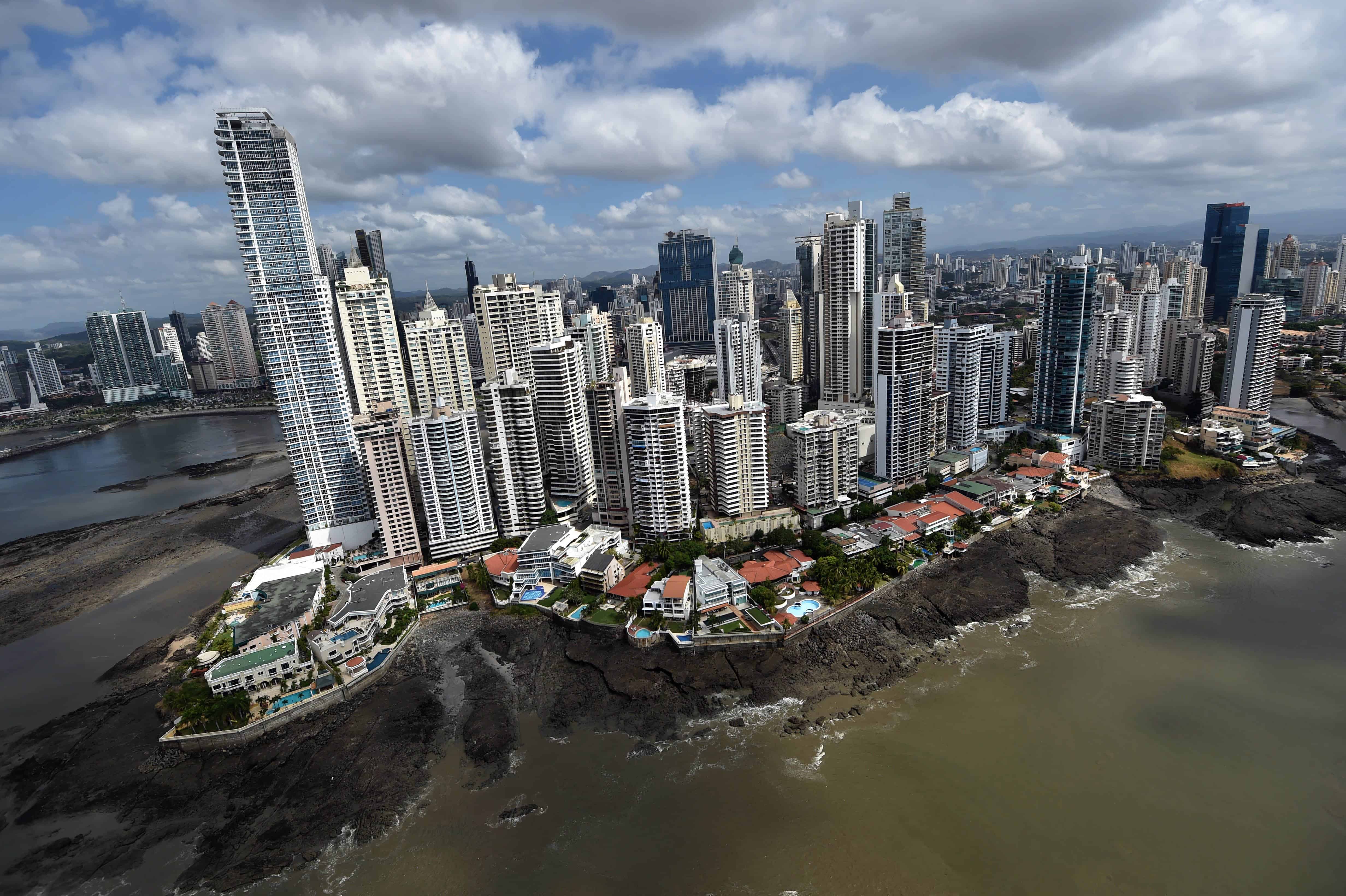The coronavirus pandemic, which is accelerating in the Americas, could reach 10 million cases next week, the World Health Organization (WHO) said Wednesday, amid catastrophic economic prospects presented by the IMF.
The International Monetary Fund said that the virus, which has prompted a general suspension of activities, has caused an “economic crisis like no other,” which could contract world GDP by 4.9% in 2020.
As many countries prepare to resuscitate their economies, the IMF warned that a possible second wave of infections could mean a worsening of the already bleak picture.
In updating its “World Economic Outlook” (WEO), the multilateral lender said that many countries will face a recession of more than double what they suffered after the 2008 global financial crisis.
China, where the virus emerged late last year, will be the only economy to grow this year — just 1%, the IMF said — while the United States will see a reduction in GDP of 8%. In Europe, the contraction will be 10%, with double-digit falls in Spain, France, Italy and the United Kingdom.
In Latin America and the Caribbean, the recession will be more acute than previously estimated, with a contraction of regional GDP of 9.4% rather than the 4.2% forecast earlier. Mexico will see a decrease of 10.5% and Brazil of 9.1%, while Argentina, already plunged in a huge debt crisis, will fall 9.9%.
Against this background, the presidents of Argentina, Chile, Colombia, Costa Rica, Ecuador, Spain, Peru, Paraguay, the Dominican Republic, and Uruguay asked the IMF and regional financial organizations such as the Inter-American Development Bank (IDB) for more solutions to alleviate the economic effects of the pandemic, including “possible restructuring” of debt.
‘Particularly intense’ effects in Latin America
The pandemic has already left more than 480,000 dead worldwide, according to the latest AFP count. The United States leads the balance with 121,932 deaths, followed by Brazil (53,830), the United Kingdom (44,081) and Italy (34,644).
The global number of infections is currently 9,381,141, but WHO director Tedros Adhanom Ghebreyesus said it could reach 10 million in the next week.
“Even as we continue to research vaccines and therapies, we have an urgent responsibility to do everything we can with the tools we have now to stop transmission and save lives,” he said.
WHO Director of Emergencies Michael Ryan warned that the pandemic had not yet peaked in the Americas.
It is “particularly intense in Central and South America,” where many countries saw “a 25 to 50% increase in cases over the past week,” he said, adding that without isolating and quarantining contacts, the possibility “cannot be ruled out” of further confinements.
The Pan American Health Organization (PAHO), a WHO regional office, said that in addition to the “wide circulation” of the virus in Mexico, there is “widespread transmission” in Central America, with “high incidence” in Panama and Costa Rica — especially on the Nicaraguan border.
In South America, Brazil, Peru and Chile are the most affected. The Caribbean continues to have outbreaks of contagion in Haiti and the Dominican Republic, as well as on the Guiana Shield.
“In the absence of effective treatments or a widely available vaccine, we expect that over the next two years in the Americas region we will experience recurrent outbreaks of COVID-19, which may be interspersed with periods of limited transmission,” said the PAHO director, Carissa Etienne.
The situation in Brazil worries the agency, which urged the country to increase the number of diagnostic tests.
Researchers at the South American giant began testing on volunteers a coronavirus vaccine developed by the University of Oxford.
Canceled New York Marathon
China announced that a new outbreak of the coronavirus that infected about 250 people in Beijing in early June is “under control,” although fears of the risk of community transmission persist.
In Europe, hit hard by the pandemic, summer could lead to an increase in infections if social distancing measures in beaches and parks are ignored.
In the United States, the governors of the states of New York, New Jersey and Connecticut demanded visitors from areas of the country currently hit hardest by the pandemic must remain in quarantine for 14 days.
The provision applies to travelers from Alabama, Arkansas, Arizona, Florida, South Carolina, North Carolina, Washington, Utah, and Texas.
New York, which has about 20,000 deaths due to COVID-19, canceled its famous marathon, scheduled for November 1.






